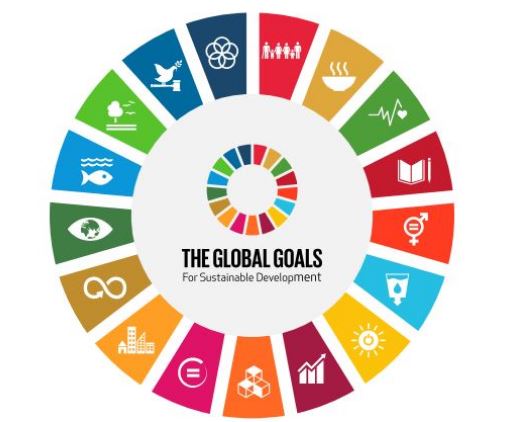Impact of RICS and Their Efforts in Promoting Sustainability within the Quantity Surveying Profession (2014)
Impact of RICS in Promoting Sustainability Dissertation – Sustainability in the last decade has emerged as one of the most important considerations within the construction industry in both the tendering of a project and the construction of a project. Quantity Surveyors play an important role within the industry and have a professional obligation to consider sustainability in all areas of their day to day work.
Given that the profession of quantity surveying is governed by the Royal Institute of Chartered Surveyors (RICS), it is prudent that research is carried out determining if the RICS are doing enough to inform and guide quantity surveyors in their efforts to implement sustainability into the profession. This dissertation will conduct an examination into the extent of the RICS’s effort to facilitate quantity surveyors in their approach to sustainability. The research examines the general opinions of sustainability in the industry, the current sustainable processes and procedures used by quantity surveyors along with an in-depth analysis of the RICS and their relationship with sustainability.
For this examination to be possible, the primary research entailed five semi-structured interviews with professional quantity surveyors, with varying levels of experience, drawing conclusions upon the information gathered within the review of relevant literature that formed the basis of the secondary research. The findings have shown that quantity surveyors recognise sustainability as an important consideration within their work, with the main sustainability tools used being the BREEAM rating.
The research indicated a unanimous recognition of the effort to promote sustainability on behalf of the RICS although a percentage of the interviewees felt that the RICS needs to tailor the information and guidance provided specifically to quantity surveying. The overall aim of this dissertation is to assess the effort that the RICS have gone to in order to implement sustainability into the profession of quantity surveying.
Dissertation objectives;
- Examine the quantity surveying processes and procedures for sustainability at the current time
- To determine what the RICS are currently doing to implement sustainability into the profession
- To identify areas for further development
- 12,000 words – 44 pages in length
- Excellent use of literature
- Good analysis of subject area
- Well written throughout
- Includes interview questions
- Ideal for quantity surveying students
1 – Introduction and Rationale
Introduction and background
Rationale for the study
Aim of the research
Research objectives
Research hypothesis
Research methodology
Structure for the paper
2 – Literature Review
An introduction to sustainability within the construction industry
Definitions of sustainability, sustainable procurement and sustainable development
Key policy and legislation considerations for a quantity surveyor
Existing sustainable processes and procedures for the quantity surveyor
BRE Environmental Assessment Method (BREEAM)
Environmental Impact Assessment (EIA)
Strategic Environmental Assessment (SEA)
Envest 2
Green guide to specification
Site waste management plans (SWMPs)
RICS and their sustainability policy and guidelines
Sustainability and the RICS property life cycle
What the RICS are doing for sustainability
Ska rating sustainable fit out assessment tool
RICS sustainability publications
Attitudes of RICS members towards sustainability and the RICS’s efforts
The green gauge report
RICS report: A green profession?
3 – Research Methodology
Methods of research
Objectives research method
Data collection method
Structure of interview
Selection of interviewee
How interview was conducted
Main theme of interview questions
4 – Analysis of Data
Discussion of findings
General opinions of sustainability
Sustainable processes and procedures
The RICS and their efforts to promote sustainability
Areas for improvement and development for the RICS
5 – Conclusions and Recommendations
Conclusion and recommendations
Sustainability within the profession
The use of current sustainability processes and procedures
The RICS and sustainability
Areas for improvement for the RICS
Limitations of the study
6 – Areas for Further Research
Reflection on the study
Further areas for study
References
Appendix Section
Interview questions

